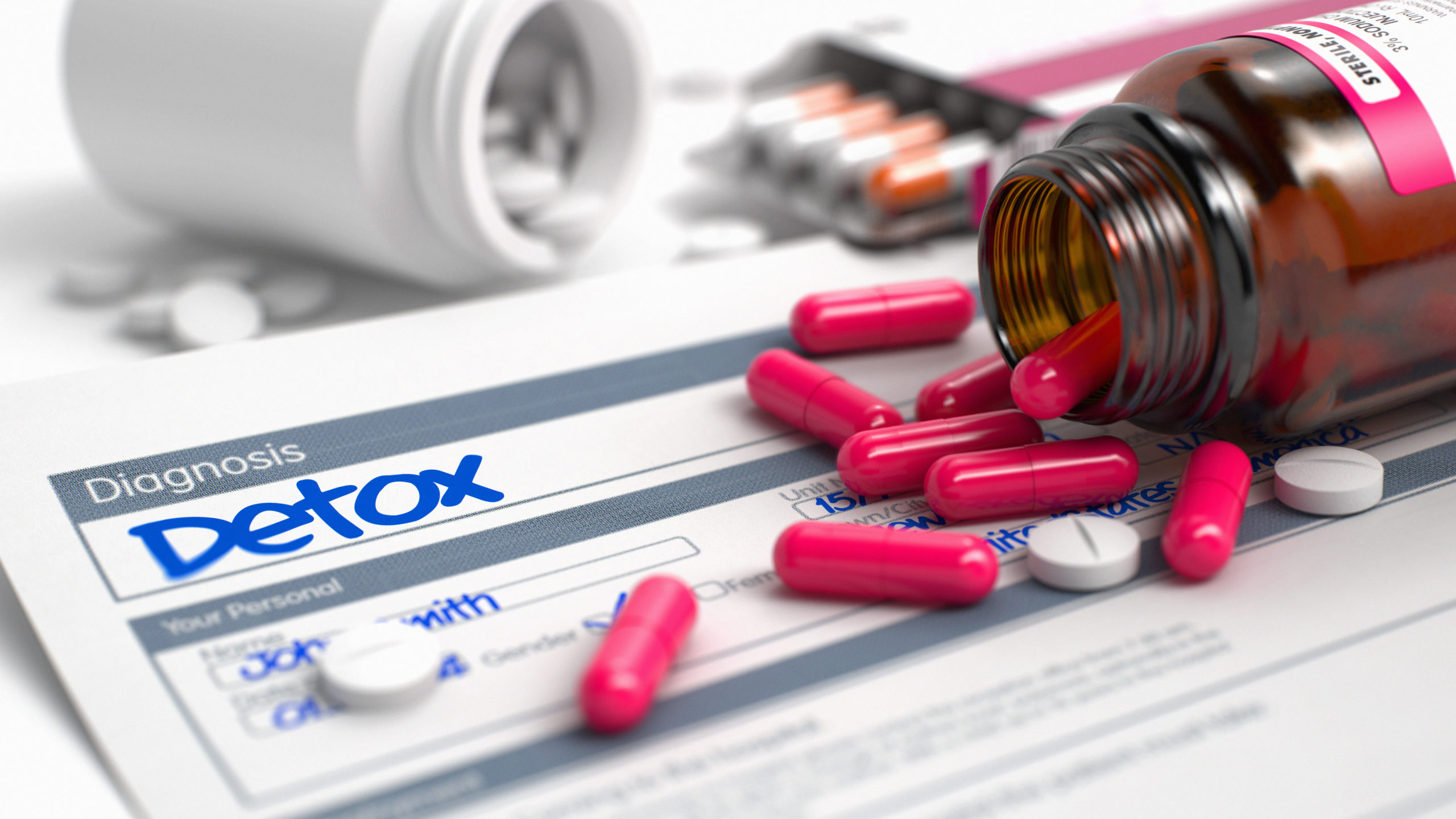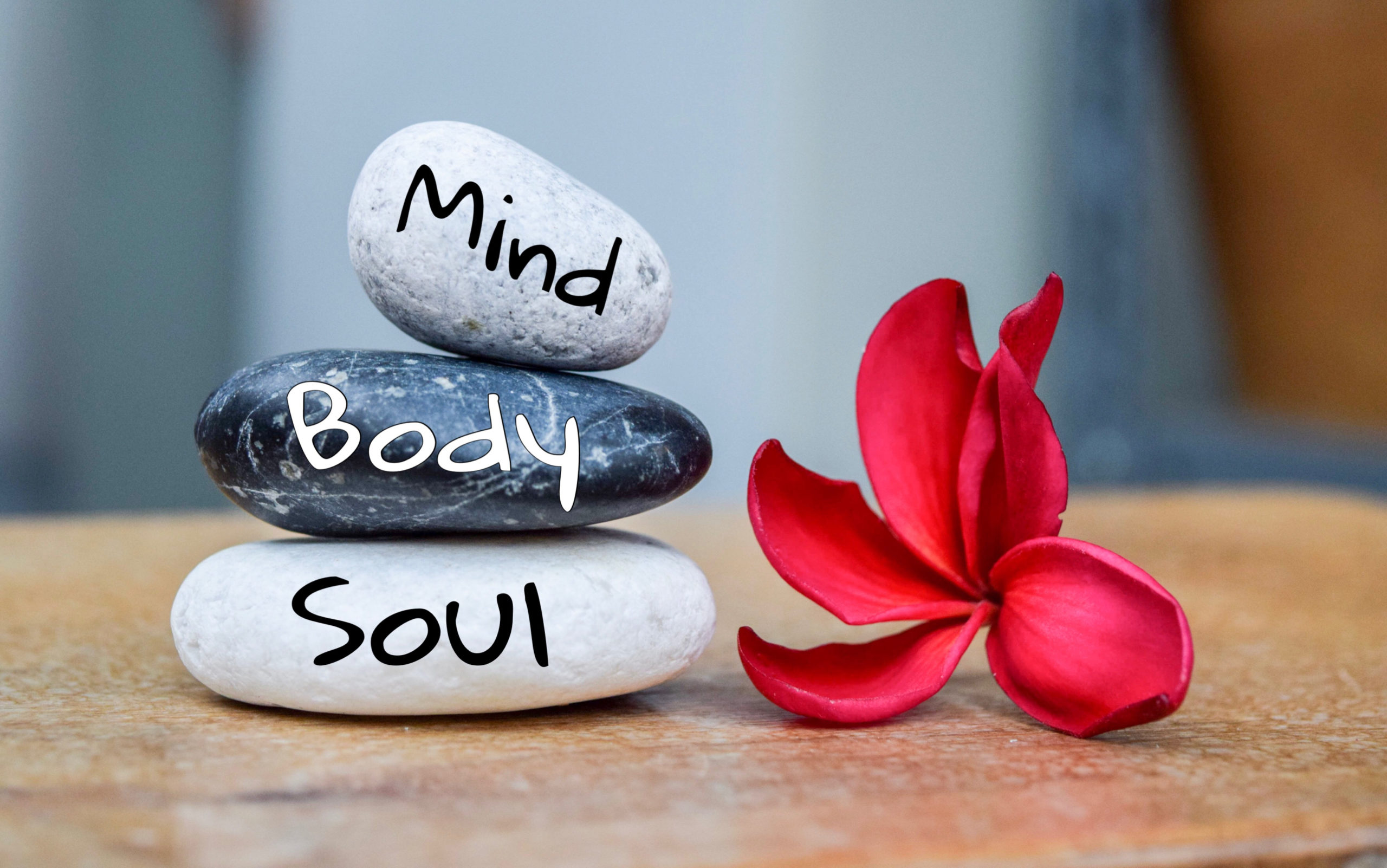There’s somewhat of a misconception out there that all types of rehab and treatment for substance abuse involve completely separating you from your daily life. Pulling you away from everything and going away for a few months.
That type of treatment certainly does exist and it’s called inpatient rehab. It serves a very real and important purpose for those grappling with an addiction of any kind because some people require that type of round the clock care
If your addiction is severe or you struggle with near constant urges to use your substance of choice, an inpatient facility may be exactly what you need.
However, rehab, like clothing, isn’t one size fits all and ultimately you want (and deserve) a program that fits your unique needs.
Your addiction may be on the more serious side but perhaps it doesn’t necessitate a month or two away. Or maybe you’ve just finished up a stay at a residential inpatient facility, feeling great, but not quite ready to be thrown straight back into your old life.
That’s where something like intensive outpatient programs come into play.
What Is an Intensive Outpatient California?
A precursor to what is intensive outpatient care is what is outpatient care in general?
Outpatient rehab is a sort of stripped-down version of inpatient care in the sense that it’s not 24/7 and you’re not living at a treatment center. Outpatient care allows you to get your independence back and apply the skills and techniques you learned in rehab to life outside of the rehab.
You’ll still have a robust schedule of counseling, both individual and group, complementary therapies as well as whatever else your program requires, but you’ll be commuting back and forth.
You might be wondering where does “intensive” fit into this then?
Well, an intensive outpatient program is something that is meant to deliver the intensity of inpatient care in an outpatient setting. It’s for those that need that extra attention and assistance. Think of it like training wells on a bike, sure you can probably ride but is it safe to do it with some safety mechanism in place?
That’s the idea of the programs.
The goal is the same across the board and important to keep in mind: prevent relapse.
Not everyone moves through treatment at the same pace and that’s ok. Intensive outpatient in California could be the perfect stepping stone on your journey of recovery.
What Addictions Are Treated in an Intensive Outpatient Program?
A great question.
The answer here is more of a function of each individual rehab center. Certain facilities are specialized in the types of addiction they deal with. Some are focused on alcohol use disorder while others are well versed in the needs of those dealing with opioid addiction and yet others are geared towards helping people with a dual diagnosis.
Taking it from that perspective, the answer is that all addictions can be treated in an intensive outpatient setting however it’s a matter of finding the right option for you.
How Addiction Treatment Solutions Can Find You an Intensive Outpatient Programs
Nowadays, given the normalization of talking about addiction, there are a lot of wonderful choices that have sprouted up around California and around the country. Treatment centers that are uniquely suited and specialized in handling the addiction you’re going through. That knows exactly what it feels like and how to get to the other side of it.
Addiction Treatment Solutions is here as your resource in that search. Reach out to us and let us help find you a solution that works.












